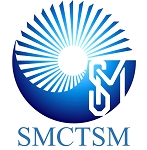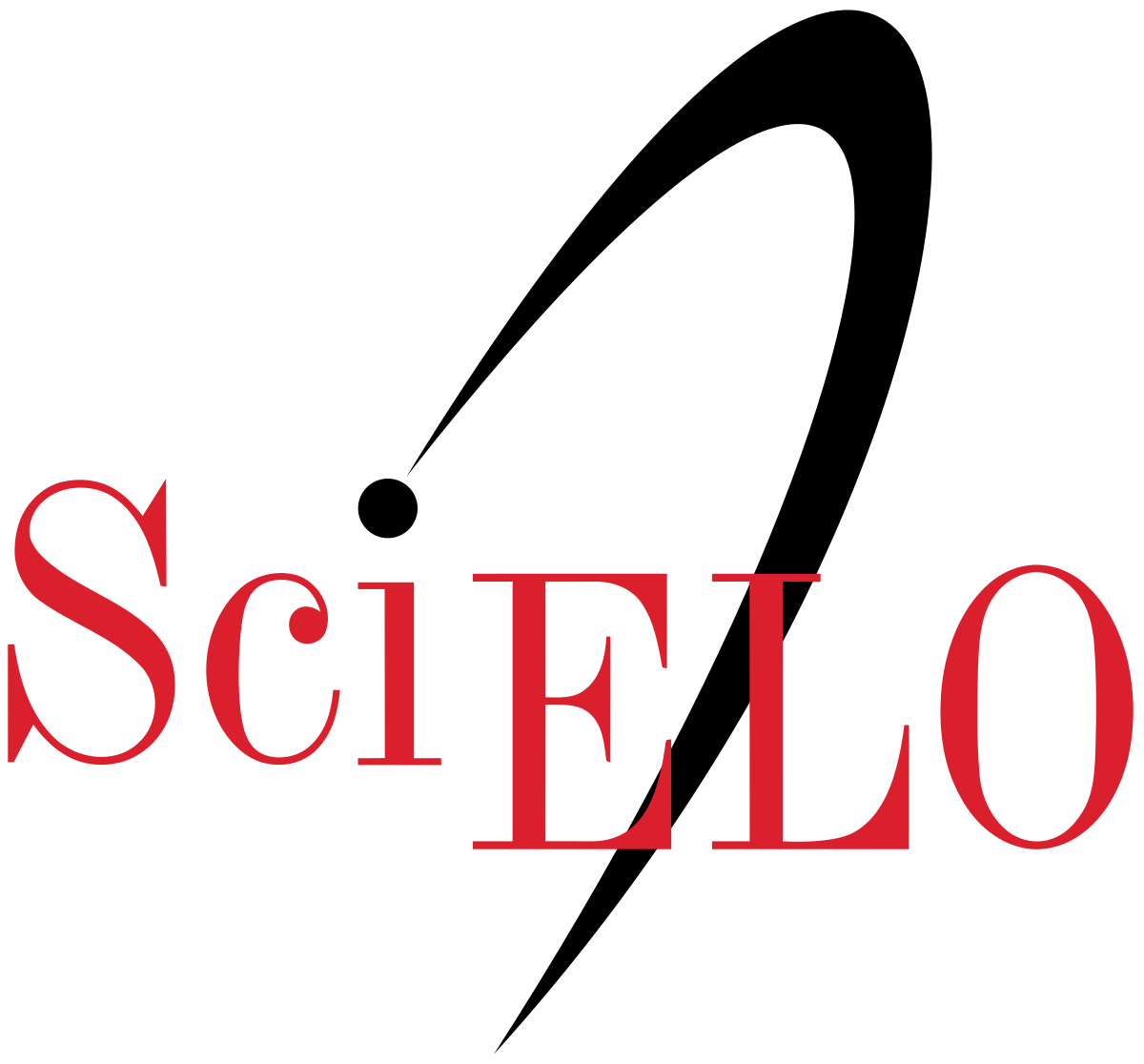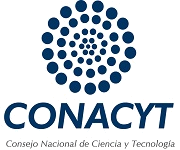Structural Characterization of Protein Microsensors Arrays by Means of Optical Profilometry and AFM
Keywords:
Microarrays, proteins, optical profilometry, AFMAbstract
A microarray is a matrix containing from hundreds to thousands of microscopic sensory elements or spots printed on a flat functionalized surface which allows a specific interaction of multiple biomolecules including proteins. Some examples of reading this technology include the surface plasmon resonance and variable wavelength scanners used to determine the superficial density of biomolecules interacting with the microsensors. Nevertheless, none of these techniques provides the information relative to the structure of the interaction of the microsites fabricated for the biosensing. As a result, in this work we propose the combined use of the Atomic Force Microscopy (AFM) and optical profilometry to determine the structure and density of the interaction of microsite lines of bovine serum albumin (0.1, 0.5, 0.75 and 1.0 mg/ml) fabricated on the previously functionalized gold/glass substrate. For this purpose, we utilized solutions of bovine serum albumin (1.0 mg/ml) as the analytes during the protein-protein interaction. The negative control microsites corresponded to a line of white solutions of fibrinogen of human serum (1.0 mg/ml) which proved that the surface density (molecules/area) of the not-washed BSA spots is correlated to their thicknesses: 957.9 nm (1.0 mg/ml), 636.6 nm (0.75 mg/ml), 639.7 nm (0.5 mg/ml), and 490.4 nm (0.1 nm), whereas after the interaction with anti-BSA (1.0 mg/ml) they corresponded to 508.6, 218.0, 170.7, and 130.8 nm, respectively. In this way we proved that, before and after the protein interaction, the average spot roughness decreased with the concentration of the protein used for the fabrication of microsensors.References
P. T. Kissinger, “Biosensors - a perspective,” Biosen. Bioelectron., vol. 20, pp. 2512-2516, June 2005. doi:10.1016/j.bios.2004.10.004
R. B. Stoughton, “Applications of DNA microarrays in biology,” Annu. Rev. Biochem., vol. 74, pp. 53-82, July 2005. doi: 10.1146/annurev.biochem.74.082803.133212
E. Özkumur, J. W. Needham, D. A. Bergstein, R. González, M. Cabodi, J. M. Gershoni, B. B. Goldberg, M. S. Ünlü, “Label-free and dynamic detection of biomolecular interactions for high-throughput microarray applications,” Proc. Nat. Acad. Sci., vol. 105 pp. 7988-7992, March 2008. doi: 10.1073/pnas.0711421105
G. G. Daaboul, R. S. Vedula, S. Ahn, C. A. Lopez, A. Reddington, E. Ozkumur, M. S. Ünlü, “LED-based interferometric reflectance imaging sensor for quantitative dynamic monitoring of biomolecular interactions,” Biosen. Biolectron., vol. 26, pp. 2221-2227, January 2011. doi:10.1016/j.bios.2010.09.038
R. Vedula, G. Daaboul, A. Reddington, E. Özkumur, D. A. Bergstein, M. S. Ünlü, “Self-referencing substrates for optical interferometric biosensors,” J. Modern Optics, vol. 57, pp. 1564-1569, August 2010. doi:10.1080/09500340.2010.507883
A. L. Washburn, M. S. Luchansky, A. L. Bowman, R. C. Bailey, “Quantitative, label-free detection of five protein biomarkers using multiplexed arrays of silicon photonic microring resonators,” Anal. Chem., vol. 82, pp 69-72, January 2010. doi: 10.1021/ac902451b
C. T. Campbell, G. Kim, “SPR microscopy and its applications to high-throughput analyses of biomolecular binding events and their kinetics,” Biomaterials, vol. 28, pp. 2380-2392, May 2007. doi:10.1016/j.biomaterials.2007.01.047
https://www.biacore.com/lifesciences/index.html (June 22, 2015)
J. M. Hernández-Lara, C. Mendoza-Barrera, V. Altuzar, S. Muñoz-Aguirre, S. Mendoza-Barrera, A. Sauceda-Carvajal, “Fabricación de biosensores piezoeléctricos para la lectura de interacciones antígeno-anticuerpo,” Rev. Mex. Fís. E, vol. 58, pp 67-74, Junio 2012.
H. Schreiber, J. H. Bruning, “Phase shifting interferometry,” Chap. 14 in Optical Shop Testing, D. Malacara ed., (2007).
doi: 10.1002/9780470135976.ch14
B. K. A. Ngoi, K. Venkatakrishnan, N. R. Sivakumar, T. Bo, “Instantaneous phase shifting arrangement for microsurface profiling of flat surfaces,” Optics Commun., vol. 190, pp 109-116, April 2001. doi:10.1016/S0030-4018(01)01068-9
C. J. Tay, C. Quan, H. M. Shang, “Shape identification using phase shifting interferometry and liquid-crystal phase modulator,” Optics & Laser Technol., vol. 30, pp. 545-550, November 1998. doi:10.1016/S0030-3992(99)00010-9
V. Altuzar, C. Mendoza-Barrera, M.L. Muñoz, J.G. Mendoza-Álvarez, F. Sánchez-Sincencio, “Análisis cuantitativo de interacciones moleculares proteína–proteína mediante la combinación de microarreglos y un lector óptico basado en el fenómeno de resonancia de plasmones superficiales,” Rev. Mex. Fís., vol. 56, pp. 147-154, Abril 2010.
J. E. Baio, T. Weidner, G. Interlandi, C. Mendoza-Barrera, H. E. Canavan, R. Michel, D. G. Castner, “Probing albumin adsorption onto calcium phosphates by XPS and ToFSIMS,” J. Vac. Sci. Technol. B., vol. 29, pp. 04D113 - 04D113-6, august 2011. doi: 10.1116/1.3613919
F. Vázquez-Hernández, C. Mendoza-Barrera, V. Altuzar, M. A. Meléndez-Lira, M. A. Santana-Aranda, M. L. Olvera, “Systhesis and characterization of hydroxyapatite nanoparticles and their application in protein adsorption,” Mat. Sc. Eng. B, vol. 174, pp. 290-295, October 2010. doi:10.1016/j.mseb.2010.03.011
T. Ignat, M. Miu, I. Kleps, A. Bragaru, M. Simion M. Danila, “Electrochemical characterization of BSA/11-mercaptoundecanoic acid on Au electrode,” Mat. Sc. Eng. B, vol. 169, pp. 55-61, May 2010. doi:10.1016/j.mseb.2009.11.021
S. Balasubramanian, A. Revzin, A. Simonian, “Electrochemical desorption of proteins from gold electrode surface,” Electroanalysis, vol. 18, pp. 1885-1892, October 2006. doi: 10.1002/elan.200603627
K. D. Jandt, “Atomic force microscopy of biomaterials surfaces and interfaces,” Surf. Sci., vol. 491, pp. 303-332, October 2001. doi:10.1016/S0039-6028(01)01296-1
K. H. Choi, J. M. Friedt, F. Frederix, A. Campitelli and G. Borghs, “Simultaneous atomic force microscope and quartz crystal microbalance measurements: Investigation of human plasma fibrinogen adsorption,” Appl. Phys. Lett., vol. 81, pp. 13-35, 2002. doi: 10.1063/1.1500777
N. H. Chiem, D. J. Harrison, “Monoclonal antibody binding affinity determined by microchip-based capillary electrophoresis,” Electrophoresis, vol. 19, pp. 3040-3044, November 1998. doi: 10.1002/elps.1150191641
G. Sakai, T. Saiki, T. Uda, N. Miura, N. Yamazoe, “Evaluation of binding of human serum albumin (HSA) to monoclonal and polyclonal antibody by means of piezoelectric inmunosensing technique,” Sens. Actuators B, vol. 42, pp. 89-94, July 1997. doi:10.1016/S0925-4005(97)00188-3
Published
Issue
Section
License
Copyright (c) 2016 Superficies y Vacío

This work is licensed under a Creative Commons Attribution 4.0 International License.
©2025 by the authors; licensee SMCTSM, Mexico. This article is an open access article distributed under the terms and conditions of the Creative Commons Attribution license (http://creativecommons.org/licenses/by/4.0/).





